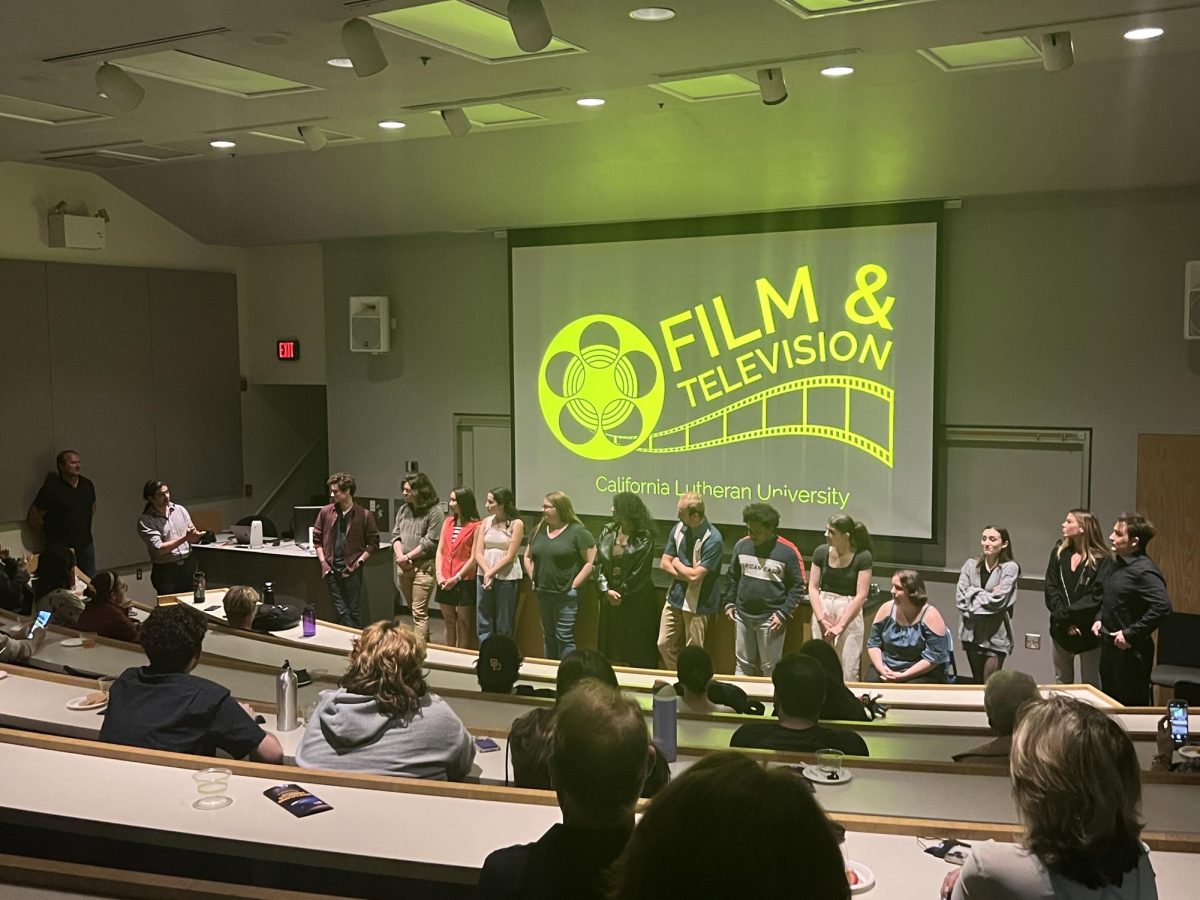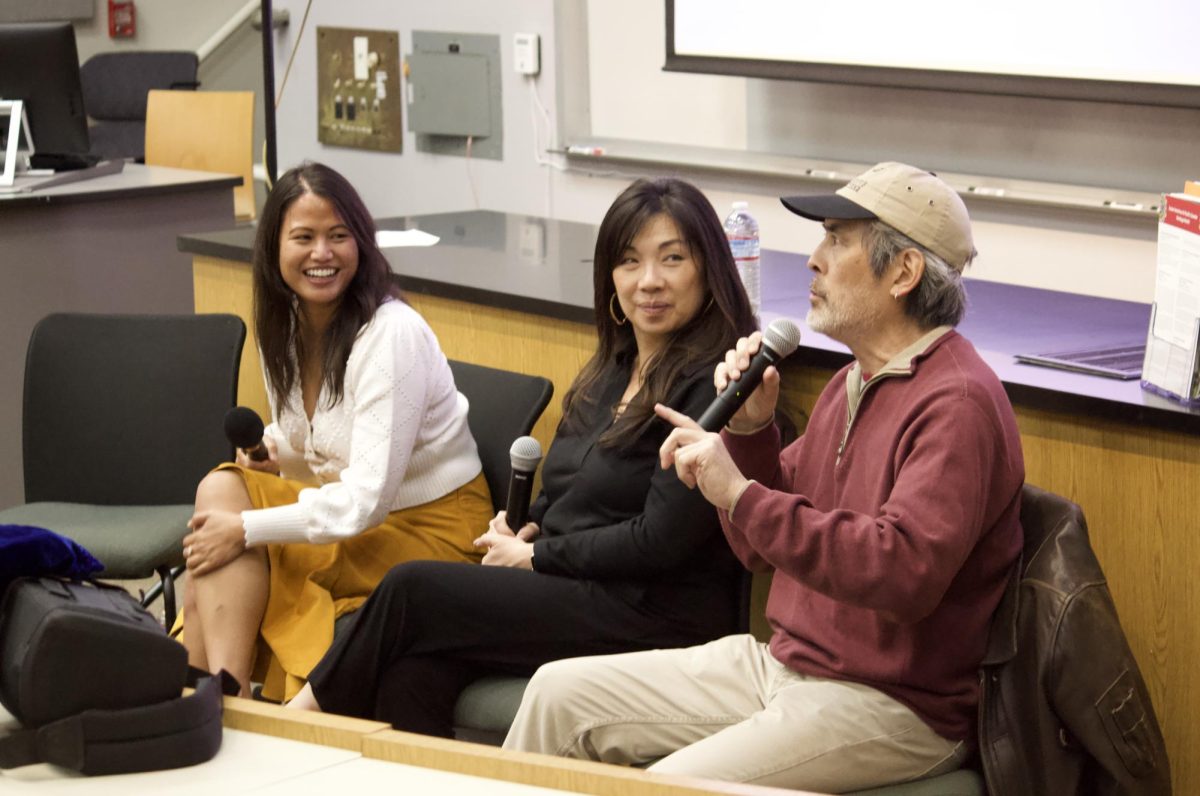It’s no secret that Californians don’t like the rain, but it’s also no secret that we desperately need it.
The United State Drought Monitor has classified over 90 percent of the state of California to be in a severe drought with 26 percent of that area in an exceptional drought, the highest of the drought severities.
This winter season, we’ve seen increased wildfires, ruined farmland and an economic hit to California, costing the state almost $5 billion, according to the California Farm Water Coalition.
With the huge water shortage, California has been doing all it can to reduce water usage, especially in the desert of the Southern California region. Most cities have placed restrictions on watering lawns, washing cars and serving water in restaurants to reduce water usage.
Across Southern California, people are doing what they can to help conserve water, however, even with recent rain and these conservation efforts, we’re still in one of the most severe droughts in the state’s recorded history.
Jessika Bell, a senior environmental science major, said this is what we should expect when living in Southern California.
“Southern California is a desert and we probably shouldn’t even be here in the first place,” Bell said. “Our water comes from everywhere but here.”
California Lutheran University has an obligation to go above and beyond normal means to help with the water conservation efforts, because of the type of community the school wishes to foster. There’s always the mentality of environmental care being someone else’s problem. So, why should we do anything?
Samuel Thomas, a professor of environmental ethics who has a doctorate in Christianity and Judaism in Antiquity, said in addition to the care everyone should show the environment, CLU and its students have even more reasons to show a commitment toward water conservation. One of them is the CLU mission statement.
“The CLU mission is to educate leaders who have good judgment and a commitment to justice,” Thomas said. “Good judgment means being wise and judicious about our use of resources, and justice demands that we think also about eco-justice (that the earth deserves just treatment and care) and environmental justice (that environmental problems are often tied to social inequities).”
And he would be right to say that through environmental efforts, students are actually shaping their values so that saving water becomes much more than something we are simply told to do. It becomes a choice that shapes our ethics.
“When people become more aware of the kinds of problems and complexities we face—especially when it comes to water—they at least then have the choice to act according to their values,” Thomas said. “And more and more, ignorance is no excuse for the kinds of waste we produce and the amounts of water we consume.”
It’s time to stop living selfishly and seemingly without consequences. Thomas said water conservation is an example of how people see problems in the world and a key to focusing on justice as it relates to national and global problems. Plus, he offers a simple reason why this counteracting drought is so important.
“Why should everyone care about water conservation? Because water is the source of all life and a steady supply of fresh water is not guaranteed,” Thomas said.
Ally Andrews, a student taking an environmental ecology class, believes the same statement.
“I think that it’s our duty as inhabitants of this earth to utilize our resources in a sustainable manner and to recognize that every element of our existence, from our bodies to the food that we eat, requires water,” Andrews said.
Bell believes we have a duty to conserve water as new leaders in environmental action.
“We are the future generation, and being the future generation, we should take care of our water, of our environment in general and by taking a stance, we can help others to understand and to solve these problems as a community,” Bell said.
CLU has an obligation to help conserve water because of the commitment that the school has to social justice and compassion to our world. We have to go above and beyond to care for our environment, not just for what it gives us, but also for how caring for the environment shapes us.
Megan Callery
Staff Writer
Published March 12, 2014








